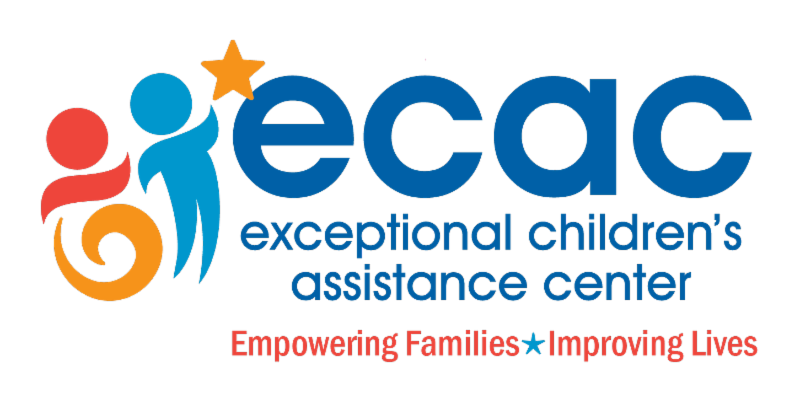Medicaid Services and Today's "School Day"


As the 2020-2021 school year begins, many families and service providers are surprised to learn that the extended Medicaid support services that were provided during school closures last spring, will no longer be allowed “during school hours,” even though the actual amount of direct instruction to most students will be limited. This policy was explained in LME/MCO Joint Communication Bulletin -J372 from the NC Department of Health and Human Services, dated August 14, 2020. The bulletin cited guidance from The Centers for Medicaid and Medicare Services (CMS) that declared virtual and blended school days as equivalent to a traditional school day.
Medicaid support services can still be provided during non-school hours. The bulletin essentially defined school hours as “the schedule the individual/beneficiary is actively participating” in instruction. This will mean different things for different students. Documentation of the hours when the school system is providing educational services to the student can be used to establish the “school hours” for a specific student. “Written documentation from a school administrator notating the operational hours of the child’s class” and the “specific hours outlined in Individualized Education Program (IEP)” are examples of documentation that can provide evidence of the student’s school schedule and “school hours.” Other than transportation time, everything outside of the school hours can be considered non-school time during which the student should be able to receive appropriate support services without violation of existing CMS policies.
Most school districts are in the process of updating IEPs or developing Remote Learning Contingency Plans that reflect each student’s current learning situation. It is very important that all IEP team members, especially parents, are aware of the need for the IEP to contain specific details about when and how direct instruction and related services will be delivered. Service coordinators and service providers will be able to use that documentation to determine when non-school hours begin, and appropriate Medicaid and state-funded services can be provided to support the student in the home and community.
The process may be a little more complicated than it was in the spring, but there is a path forward that should allow many students and their families to receive the in-home support that they need during this very challenging time.
By Doreen Byrd, ECAC Parent Educator
ECAC Return to School Planning Guide
In Summary:
Step 1:
Contact your child's Care Coordinator or Community Navigator.
Step 2:
Contact your child's school and request to speak to your child's EC Coordinator to schedule an IEP Meeting.
Step 3:
When addressing the IEP, the following are examples of documentation that can be utilized to support as evidence of an updated school schedule:
- A school schedule posted to the school or school system’s website.
- Specific hours outlined in an Individualized Education Program/Plan (IEP) or a 504 Plan.
- Written documentation from a school administrator notating the operational hours of the child’s class.
- In accordance to NC Department of Administration (DOA), the home-school must “operate (conduct instruction in) the home school on a regular schedule for at least nine calendar months of the year, excluding holidays and vacations.” Documentation of the schedule from the home school instructor/administrator, the Notice of Intent or documentation from NC DOA or the Division of Non-Public Education noting the schedule shall suffice.
Step 4:
If further assistance is needed, below are agencies that can assist you:
- ECAC (Exceptional Children's Assistance Center)
- F.I.R.S.T. Resource Center
- Family Support Network of NC (Find your regional organization here)
- Vaya Health Family Partner
For Immediate Assistance Call (828) 213-0033 to speak with a Family Support Coordinator. Click Here for Referral Form
The Family Support Network at Mission Children's Hospital provides Parent-to-Parent Matching as well as monthly educational workshops and individual support in navigating community resources/services.
The Family Support Network is located within MCH's Reuter Outpatient Center at 11 Vanderbilt Park Drive. We accept referrals from all agencies, physicians and directly from families and community partners.